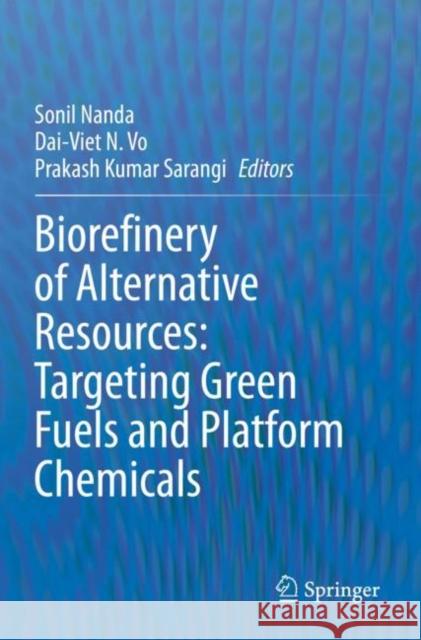Biorefinery of Alternative Resources: Targeting Green Fuels and Platform Chemicals » książka
topmenu
Biorefinery of Alternative Resources: Targeting Green Fuels and Platform Chemicals
ISBN-13: 9789811518065 / Angielski / Miękka / 2021 / 494 str.
Biorefinery of Alternative Resources: Targeting Green Fuels and Platform Chemicals
ISBN-13: 9789811518065 / Angielski / Miękka / 2021 / 494 str.
cena 684,33
(netto: 651,74 VAT: 5%)
Najniższa cena z 30 dni: 655,41
(netto: 651,74 VAT: 5%)
Najniższa cena z 30 dni: 655,41
Termin realizacji zamówienia:
ok. 16-18 dni roboczych.
ok. 16-18 dni roboczych.
Darmowa dostawa!
Kategorie BISAC:
Wydawca:
Springer
Język:
Angielski
ISBN-13:
9789811518065
Rok wydania:
2021
Wydanie:
2020
Ilość stron:
494
Waga:
0.81 kg
Wymiary:
23.11 x 19.81 x 2.29
Oprawa:
Miękka
Wolumenów:
01











